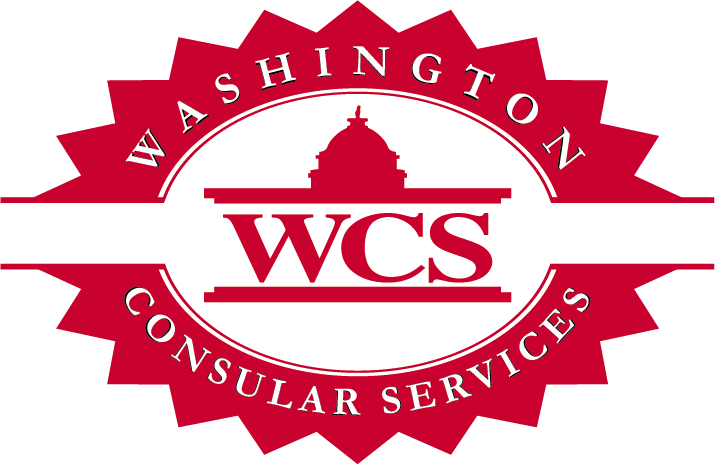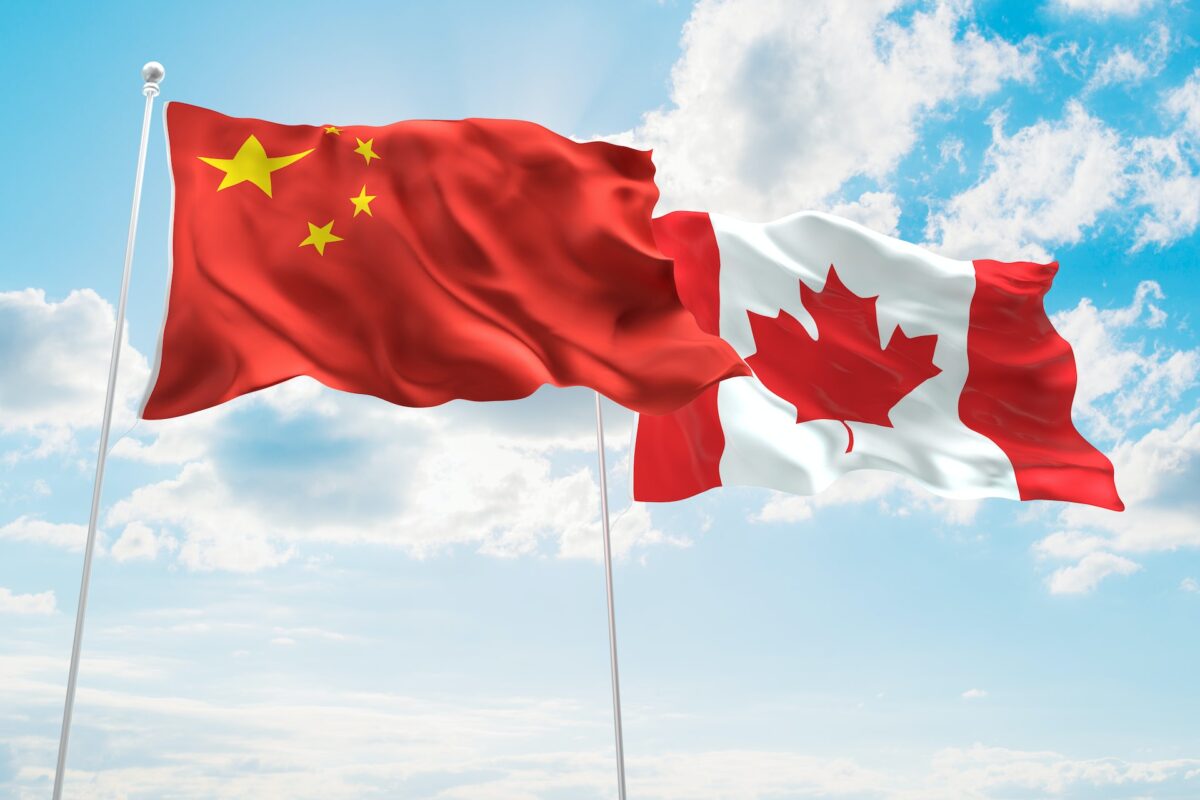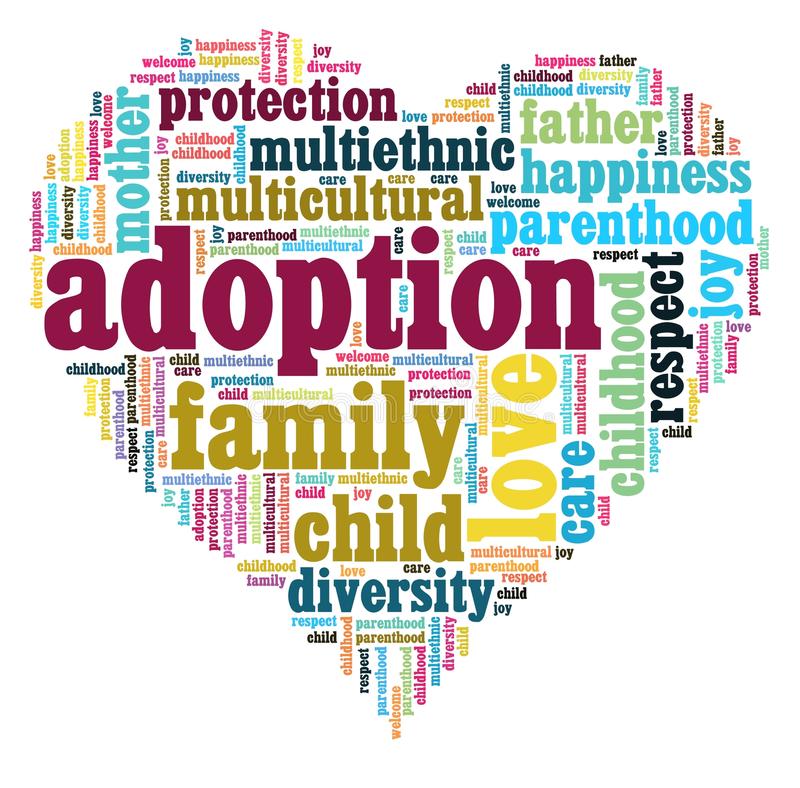The COVID-19 crisis has been a substantial tragedy. It has devastated the health of communities, economies, and our collective sense of normalcy. For medical device companies, the crisis has triggered an assessment of the resiliency of critical medical supply chains and has led to an examination of all aspects of that supply chain. This article addresses one of the most underappreciated and overlooked links in the regulatory support chain that has been dramatically impacted by the crisis. Specifically, this article addresses the impact that the crisis has had on international document authentication services (apostille and legalization of regulatory support documents) and how the disruption of these services impacted global medical device sales. Finally, the potential for innovative reform of these processes is addressed.
To legally sell medical device products overseas, companies must comply with the regulatory and legal protocols in the destination country. Part of this compliance is to ensure that certain U.S. documents relating to the products intended to be sold have been authenticated in the U.S. prior to selling those products in the country. The authentication process for the document is either “apostille” or “legalization” depending on whether the destination country is a signatory to the Hague Convention on Abolishing the Requirement of Legalisation of Foreign Public Documents(https://www.hcch.net/en/instruments/conventions/specialised-sections/apostille)(“Hague Convention for International Documents”). Signatory countries accept the apostille for authentication of any other signatory member’s documents. Non-signatory countries require the full legalization process, a lengthier authentication process usually requiring hand stamped certification from a state secretary of state, the U.S. Department of State Office of Authentications, and the Embassy of the destination country.
Since the inception of the Hague Convention for International Documents in 1969, the authentication procedures have relied on the authentication of physical documents. Specifically, documents such as Certificates to Foreign Government (CFG), powers of attorney, letters of authorization, and numerous corporate documents have been authenticated via a physical stamp. The stamped document becomes the official document by the legal authority in the destination country.
These procedures were well understood and worked quite well for most companies over the past 50 years. However, the procedures relied on two components that are now understood to be at risk in a global crisis: (i) the assumed operational capability of government agencies and Embassies and (ii) the transport and utilization of physical documents. The COVID-19 crisis undermined both assumptions, resulting in the inability of overseas affiliates to obtain the necessary authorization to sell medical device products in international markets.
Once the crisis was recognized and emergency powers were implemented by federal and state authorities, the State Secretaries of State offices, the U.S. Department of State, and foreign Embassies restricted or eliminated in-person drop off of documents, cut office staff, limited hours of operation, and required mail-in document submissions. The restriction of in-person drop-off and pick up of documents had a dramatic effect on turnaround times for authentication. For example, prior to the Stay At Home orders, the timeframe for document processing at the US Department of State was 4 business days. Since the start of the pandemic, and as of the beginning of June, the timeframe for document process is 5-6 weeks, an unprecedented slowing of the regulatory approval process for international documents. The WCS office saw a reduction in processing requests of 54% in March 2020, 93% in April 2020, and 58% in May 2020. It is noteworthy that the drop in document requests were not a function of the ebb and flow of the market.Instead, document requests were halted due to a lack of processing capability by regulatory authorities.
Document requests are a reliable indicator of sales and distribution demand. The drop in processing requests translates to thousands of lost hours of effort to sell and distribute medical products overseas, impacting revenues of affected companies and the health of vulnerable populations worldwide. Even as medical device manufacturers were ready to get back to business, authentication procedures could not be adjusted quickly in response to the crisis. A reliable, simple process was not functioning as it had for decades and there were no contingency plans for new document authentication procedures among state, local and national authorities to address the challenge.
While there was some pressure to automate/digitize these processes before the COVID-19 crisis, there is a new sense of urgency to adopt digital authentication technologies to replace the traditional physical document procedures. For example, the National Association of State Secretaries of State (https://www.nass.org) will be considering electronic authentication of documents at its upcoming conference. Other states, including New York, implemented e-marriage certificates, and adopted other digital authentication procedures during the crisis. Nationally, medical device companies and federal agencies are discussing how to innovate to build more resiliency into document regulatory authentication.
The technological challenge is not overwhelming. After all, most agencies and companies have begun using e-signatures and document authentication tools in the past few years. The challenge will be to get state/federal agencies, foreign Embassies, and international health authority representatives to agree on the acceptance of electronically authenticated documents. Ultimately, this is regulatory, legislative, technological, and a cultural challenge, but one that is now firmly on the radar of the medical device community.
The writer is David L. Watt, Vice President at Washington Consular Services, Inc. dwatt@wcss.com




